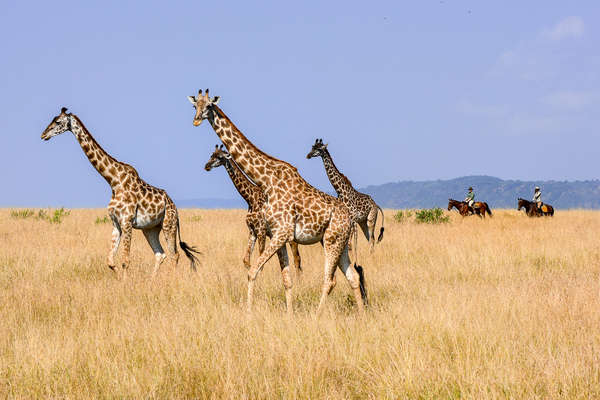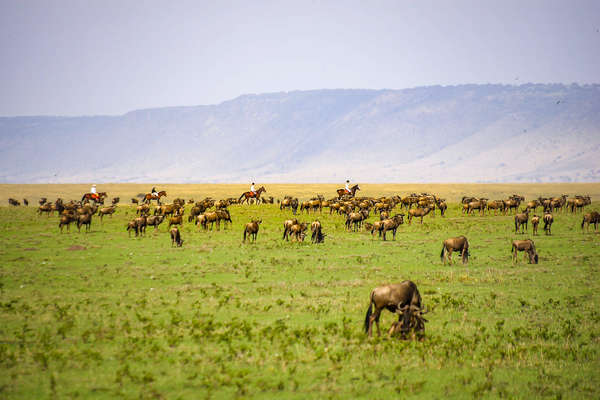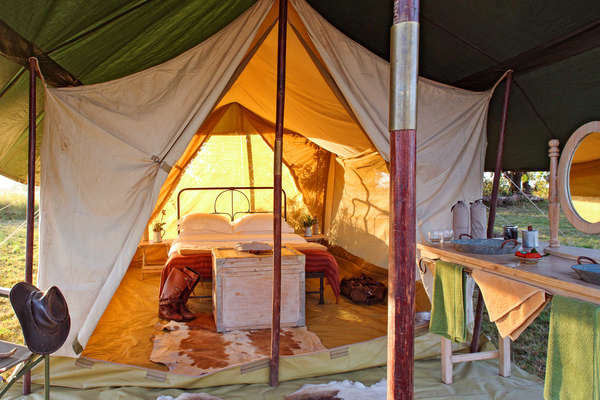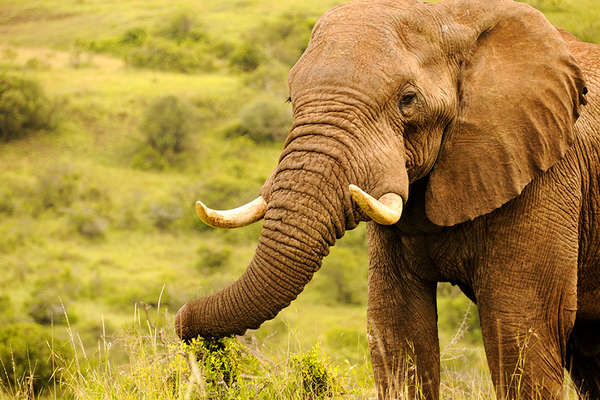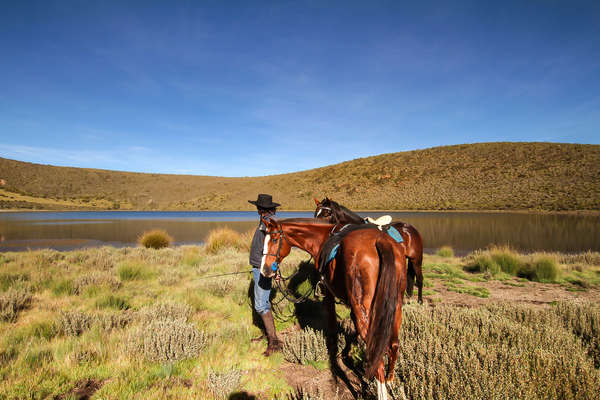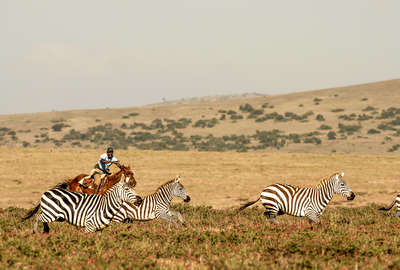
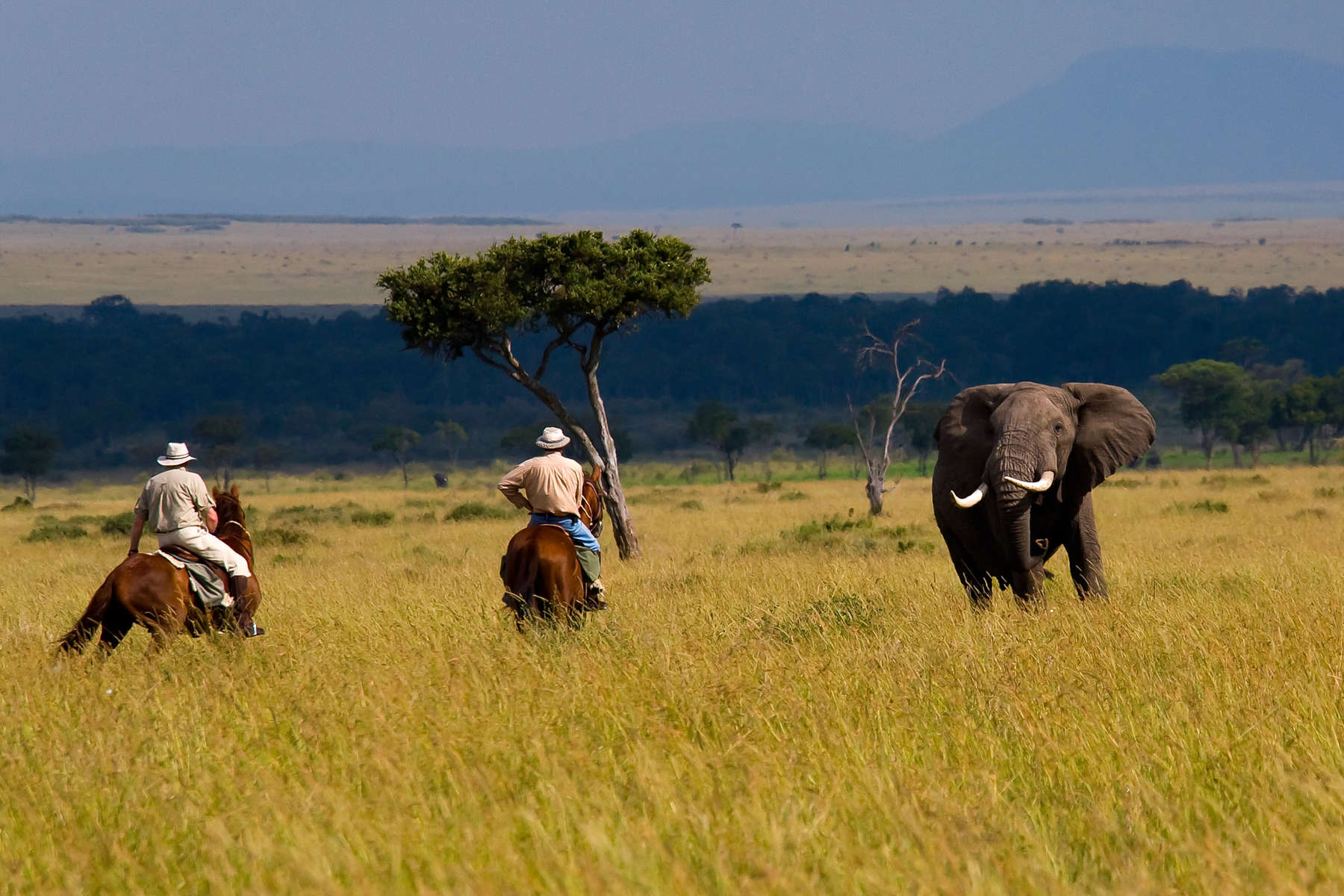
From the horse’s mouth
All trips


Sosian Lodge
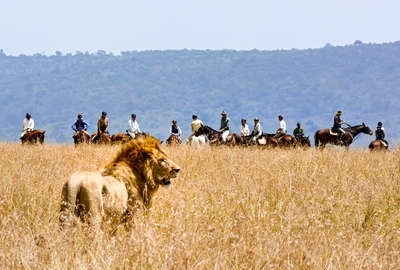
Masai Mara ride
Guaranteed departures
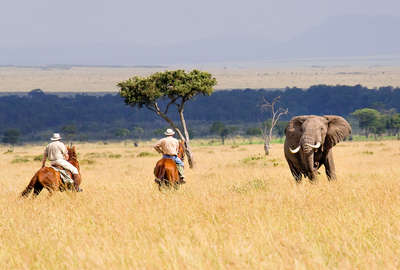
Adventure in the Masai Mara
Guaranteed departures
Visa & Health
Formalities
Addresses of consulates
- British High Commission NairobiPhone: +254 20 2873000
Health
Insurance
Voltage
Budget and money
Telephone and jetlag
Country information
Country ID
Socio-economical data
History
Geography
People, culture and traditions
Choosing the right riding holiday
Choosing the right riding holiday
The opportunity to see big game from
horseback in this beautiful country began back in the early 1970's. Offering
some of the best opportunities to see large herds of wildlife, sometimes as far
as the eye can see in an area unspoiled natural beauty. At certain times of the
year you get the chance to canter across the savannah in the company of the
migrating zebra and wildebeest.
Whether you chose the traditional luxury mobile
tented camp around the Maasai Mara (such as our relaxed Masai Mara ride, or high-octane adventure in the Mara) or a centre-based lodge ride (such as Sosian Lodge or Borana Lodge), great game
viewing and superb accommodation awaits you. Ride beautiful horses across the
plains in search of big game at the foothills of Mount Kenya or submerge
yourself in the vastness of the Maasai Mara. There is no bigger thrill than the
chance of seeing the Big Five from horseback and Kenya is a truly unspoilt country
where you will be immersed in the local traditions.

